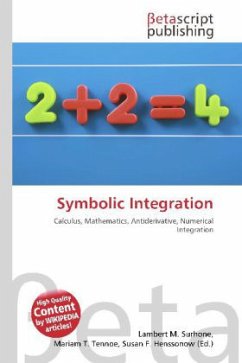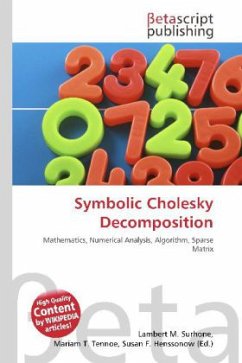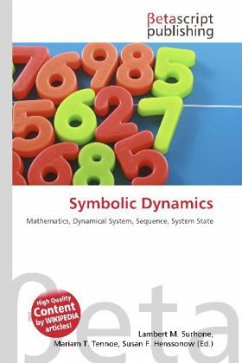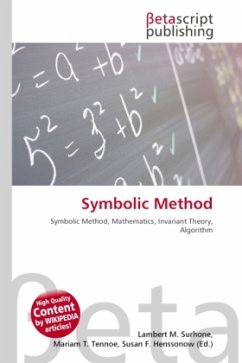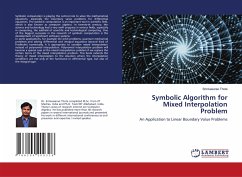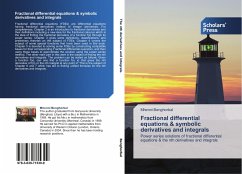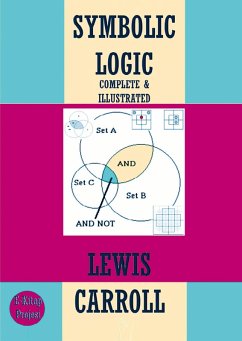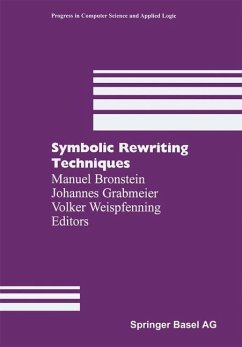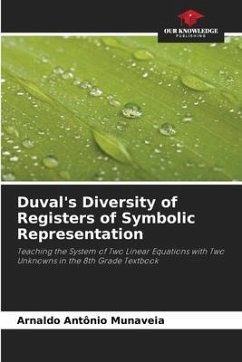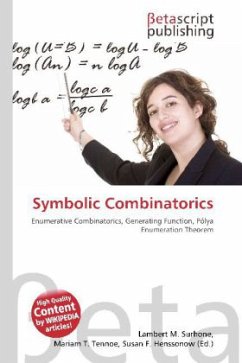
Symbolic Combinatorics
Versandkostenfrei!
Versandfertig in 6-10 Tagen
23,99 €
inkl. MwSt.

PAYBACK Punkte
12 °P sammeln!
Please note that the content of this book primarily consists of articles available from Wikipedia or other free sources online. In mathematics, symbolic combinatorics is a technique of counting combinatorial objects by using the internal structure of the objects to derive formulas for their generating functions. For the underlying mathematics, including the Pólya enumeration theorem and other techniques of analytic combinatorics, see fundamental theorem of combinatorial enumeration.Typically, one starts with the neutral class mathcal{E}, containing a single object of size 0 (the neutral objec...
Please note that the content of this book primarily consists of articles available from Wikipedia or other free sources online. In mathematics, symbolic combinatorics is a technique of counting combinatorial objects by using the internal structure of the objects to derive formulas for their generating functions. For the underlying mathematics, including the Pólya enumeration theorem and other techniques of analytic combinatorics, see fundamental theorem of combinatorial enumeration.Typically, one starts with the neutral class mathcal{E}, containing a single object of size 0 (the neutral object, often denoted by ), and one or more atomic classes mathcal{Z}, each containing a single object of size 1. Next, set-theoretic relations involving various simple operations, such as disjoint unions, products, sets, sequences, and multisets define more complex classes in terms of the already defined classes. These relations may be recursive. The elegance of symbolic combinatorics lies in that the set theoretic, or symbolic, relations translate directly into algebraic relations involving the generating functions.



